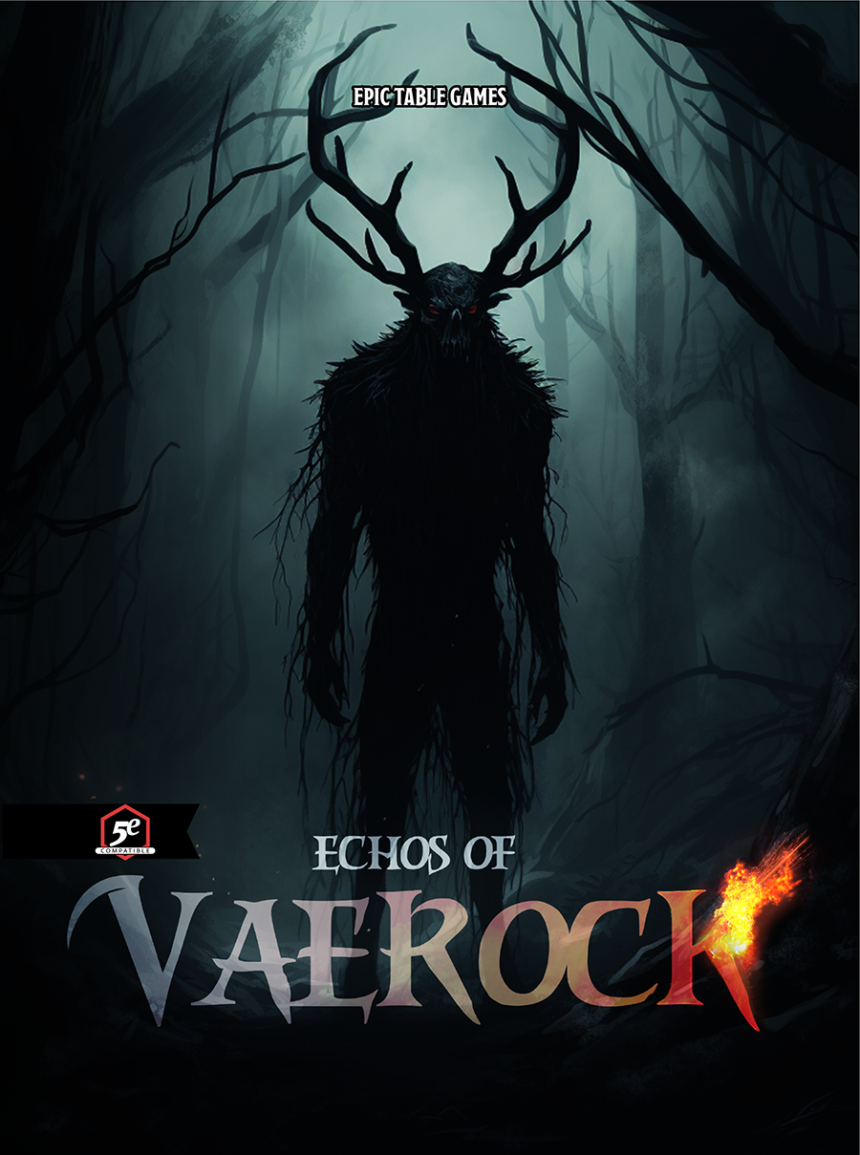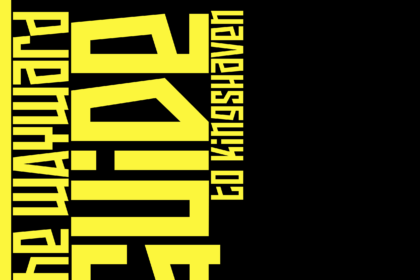Hey there, everyone, and welcome back to your seat at the Epic Table!
Sometime last week, I got a very strange email from the publishers of Burning Wheel. (It was strange partially because I had no idea that I was in fact on their email list, but I got over that.) The email announced that they were making PDF versions of certain Burning Wheel books available. As many folks could tell you, that was the RPG equivalent of announcing that the sky had turned green. But what threw me about the email was this part:
We said we would never do it, but when you play Burning Wheel every belief you possess may be broken. And so, inevitably, we played against our beliefs and released PDFs of Burning Wheel and the Codex. Why, you ask? It’s complicated, but in short, Adobe has ruined our files and we can no longer update Burning Wheel with errata or make any changes. For reasons that are difficult to explain, this outcome broke us. But while we may earn a measly persona point for mold-breaking our belief, you get digital copies of the books.
The full story took a little bit to come out, but essentially, here’s what’s going on. I’m going to walk you through this rather than just link to Luke Crane’s explanation outright, because he omits a couple of very important bits of context.
Typeset In Their Ways
A long time ago—and we’re talking a few decades, which is basically forever in RPG terms—Adobe created something called Type 1 PostScript fonts. What, exactly, Type 1 PostScript fonts are is not actually terribly important to the story; the main point is that they’re a particular kind of font. This kind of font was widely used. In fact, it was the de facto standard of the publishing industry for many, many years. So basically, if you were publishing a book you had to use these fonts. And that included RPGs like Burning Wheel.
The problem is that Type 1 PostScript fonts have some technical challenges that are really not worth delving into that made them kind of a pain for Adobe to continue to support. So in 2021, Adobe announced that they were going to be sunsetting support for these fonts in their applications beginning January 1st, 2023. (This is the important context Luke Crane omits.)
Fast forward to the end of 2022. Luke Crane has done almost nothing about this, and now his files are about to become unusable. And make no mistake: this is a big problem. In Crane’s defense, changing a font requires one to completely redo the layout of the entire book. Considering the absolute doorstopper nature of the Burning Wheel books, that’s no small feat. So his solution is to gather errata from fans and release a sort of “definitive edition” PDF of Burning Wheel Gold Revised. That’s what we’re getting the PDFs of now. If you’re curious, you can read his side of the story here. (Redditors have confirmed that he referenced this as the reason behind the PDF release at GenCon earlier this month.)
Okay, great. Especially considering that Luke Crane is actually a jerk who’s done some pretty bad things to the RPG world, why do we care?
(This Heading Was Not Archived)
Did you know that 87% of video games made prior to 2010 are not commercially available?
I tried to find a good estimate of how many video games have ever been made for this article, but I couldn’t find one. (All the estimates I could find varied widely, and all of them also had some pretty terrible methodology problems.) But this percentage handily equates to a fraction: if you are looking to buy eight games made prior to 2010, you will likely only be able to buy one of them. Video gaming has a huge preservation problem: a lot of great games (and a lot of… we’ll call them “cult games”) are simply not around any more.
And you know what’s preserved even more badly than video games? Tabletop games.
As of 2019, there were just over 100,000 products on DriveThruRPG. That’s a lot of products! But keep in mind, the older of the two companies that merged to form the modern DTRPG—RPGNow—only began operations in 2001. And back then, they had a heck of a time convincing any publishers to sell digitally at all. So DTRPG’s selection, with the exception of certain older books that publishers have made available post-facto, only covers a little less than half of the history of RPGs. That’s a huge problem.
Because the other side of it is, we are very, very small.
Some Small, Hard Truths
DriveThruRPG has a “metal” system. If you sell a certain number of copies, you get awarded a certain metal you can put on your sale page or cover or whatever. Now, let’s play a game: I’m gonna give you some categories and a few example books that’re in them. (To my knowledge, these books were uploaded to DTRPG about the same time they were published.) You’re gonna guess roughly how many sales each category represents.
First, we have the Platinum category. Examples are the Brindlewood Bay core book and the Deadlands: The Weird West core book.
Next, we have the Mithril category. Examples are the Legend of the Five Rings 5th Edition core book, the Rogue Trader core book, and Shadowrun 6th Edition core book.
Got your guesses?
Here are the answers: a Platinum book has sold 1,000 to 1,999 copies, and a Mithril book has sold 2,000 to 4,999 copies.
In case you weren’t aware, the RPG market is tiny. Print runs are commonly in the hundreds in the modern era. Back before the days of digital distribution? They were sometimes even smaller than that. If you’re looking for a random supplement or adventure for a game not named Dungeons and Dragons—or sometimes even for D&D—it’s very possible that less than 1,000 copies ever existed. And considering that a lot of them were made on cheap paper and were used in an environment that commonly put them directly next to drinks, many may not have survived.
Game Preserve
The point here is that if we are not careful, we are going to start to lose a lot of RPGs. And sure, some of them are going to be stuff we don’t mind losing (there are some really sexist, racist, etc. RPGs or supplements out there). But there are also going to be a lot of things we care deeply about mixed in there.
I don’t know what the solution is. A lot of people have looked at this problem (and the video game one) and shouted “PIRACY!” at the top of their lungs. And, y’know, I get that. There are certainly RPG books that we only have today because someone scanned them badly years ago. But even if we consider that route acceptable, which is a big if, games deserve better than the tender auspices of one dude in his home office cutting up books. Because if they’re poor quality, illegible, or missing pages, that information might be lost forever.
And we need a solution now. Burning Wheel’s situation is more than a little Luke Crane’s fault for not doing anything for two years, but it’s not going to be unique. Can you imagine what will happen when a file format replaces PDF? Sure, we’d probably be able to convert, but there are over 100,000 files on DriveThruRPG right now and people are going to say they’re not all worth the trouble. Think about how much we’ll lose when that happens. And it will. Maybe not soon, but it will.
Again, I really wish I had a solution to offer. I don’t. But I hope those brighter than me think of something, and soon.
The contents of this post are © 2024 H. Tucker Cobey. All rights reserved.






